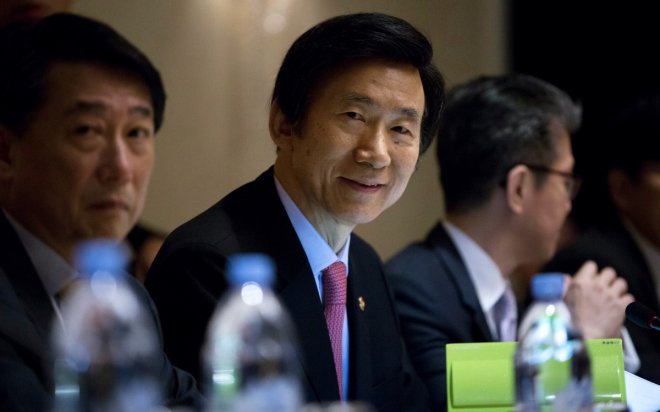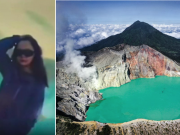
South Korea and Japan agreed a landmark deal to share military intelligence, a move that goes a long way in erasing the bitterness over the past in the face of advancing threat from common foe - rogue nation North Korea.
The deal was opposed vehemently in South Korea where sentiments against Japan are high owing the nation's militaristic past and the imperial Japan's occupation of the peninsula in the first half of 20th century.
The General Security of Military Information Agreement (GSOMIA) will be formally signed at the of this month.
In 2012, Seoul and Tokyo were close to signing a similar deal but it was scrapped after intense domestic opposition in South Korea.
Japan's foreign ministry said both sides "reached a working agreement and conducted a provisional signing." "We will continue making final arrangements toward the official signing," the statement said.
"It is important that Japan and South Korea cooperate to deal with North Korea's nuclear and missile issues," government spokesman Yoshihide Suga said.
The deal with Japan has come at a time when South Korean President Park Geun-Hye is fighting for her political life after a controversy relating to her long-time confidante's political involvements rocked the government.
The opposition Democratic Party, which seeks her resignation over the Choi Soon Sil controversy, said the move to sign a deal to share defence intelligence with Japan is unpatriotic, humiliating and not accepted by history."
"Japan, which once occupied the Korean peninsula and enslaved Koreans with its military might, is still not admitting a lot of its past atrocities," the party said.
Japan ruled the Korean peninsula as a colony from 1910 to 1945 and the period was marked by the Japanese military's excesses, including the drafting of 'comfort women', the young Korean women who were forced to offer sex to the occupying forces.
Earlier this month the Pentagon said it would deploy the Terminal High Altitude Area Defense (THAAD) missile defense system in South Korea as quickly as possible.
The aerial defence system is of huge strategic importance to South Korea and ally US in the face of the ballistic missile programme North Korea pursues on top if the recent advancements it made in developing nuclear arsenal.









